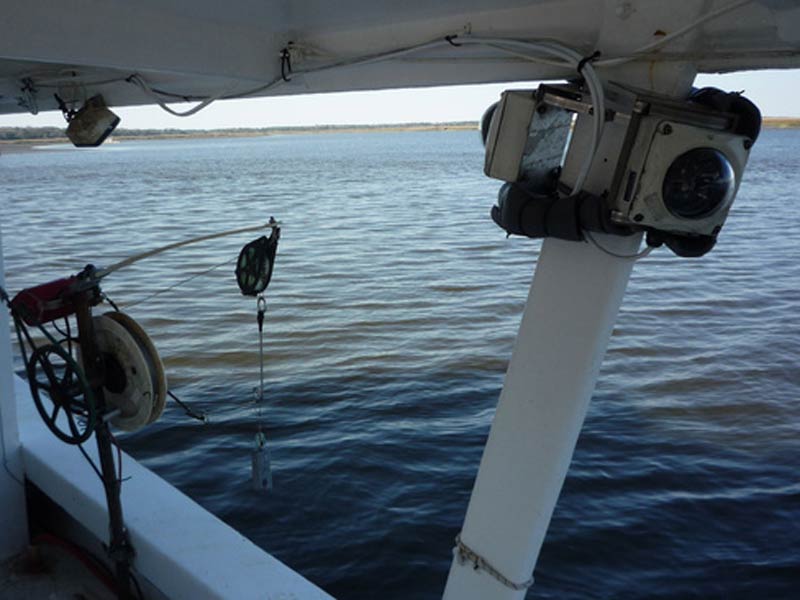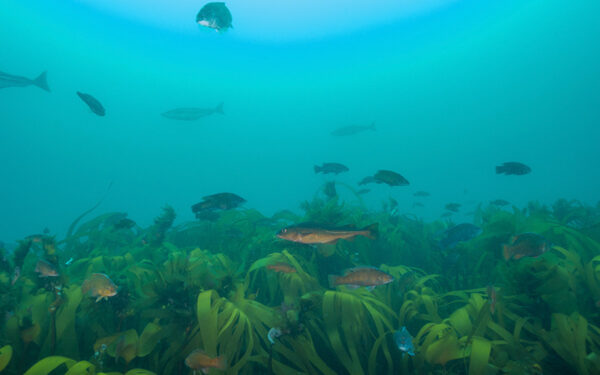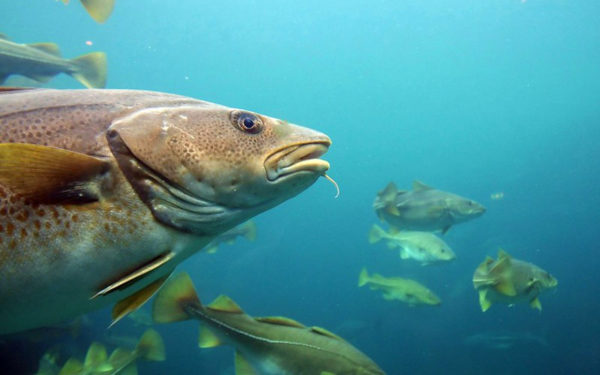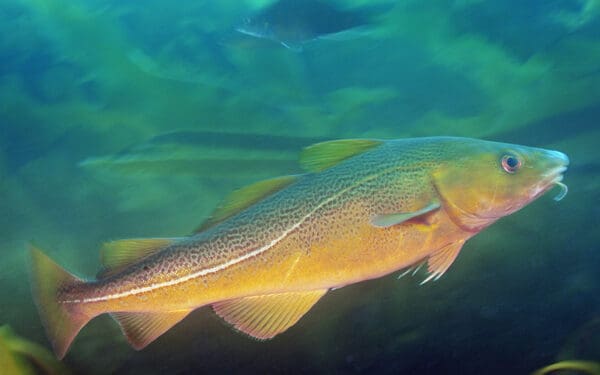
Federal Managers approve Amendment 23, a measure that will implement 100% at-sea monitoring in New England’s groundfish fishery for species like Atlantic cod. Photo: NOAA
Decades of overfishing and poor management have decimated cod populations in New England. But there’s hope. By understanding how many Atlantic cod are being caught and killed at sea, we can help recover the species to healthy populations in New England. Thanks to a new amendment, we are one step closer to having this invaluable information.
The National Marine Fisheries Service, the federal agency responsible for sustainably managing our fisheries, recently announced the approval of a management action called Amendment 23. This measure implements 100% at-sea monitoring in New England’s groundfish fishery and marks a turning point for the country’s oldest commercial fishery.
Decades of overfishing and poor management have decimated cod populations in New England. But there’s hope. By understanding how many Atlantic cod are being caught and killed at sea, we can help recover the species to healthy populations in New England. Thanks to a new amendment, we are one step closer to having this invaluable information.
The National Marine Fisheries Service, the federal agency responsible for sustainably managing our fisheries, recently announced the approval of a management action called Amendment 23. This measure implements 100% at-sea monitoring in New England’s groundfish fishery and marks a turning point for the country’s oldest commercial fishery.
At-sea monitoring is required in New England’s groundfish fishery to collect key data. This includes how much of each fish is caught – including the fish discarded overboard – where the fish is caught, and what gear is used to catch it. This data helps managers keep track of annual catch limits and informs more-accurate population assessments.
Unfortunately, there are major problems with the current at-sea monitoring program, largely stemming from a lack of coverage. Since 2010, the target at-sea monitoring coverage has ranged from 14 to 40% of trips, and this target is most often not achieved. These rates are inadequate for sustainably managing the groundfish fishery.
The current program assumes that the data collected on observed trips is representative of activity on unobserved trips. But that’s not the case. Analyses show that when an at-sea monitor is on board, fishermen alter what they catch and keep.
Ultimately, the current monitoring program collects inaccurate data, particularly for overfished species like Atlantic cod. Without accurate numbers, fishery managers cannot prevent overfishing or rebuild cod – as required by law.
Why is Amendment 23 important?
The agency’s approval of Amendment 23 is a watershed moment for New England’s groundfish fishery. While we cannot make up for the last 12 years of bad data, Amendment 23 holds promise for the future.
Amendment 23 sets a new at-sea monitoring target of 100% of sector trips in New England’s groundfish fishery for at least the next four years. This will establish an important baseline of information to help managers stop overfishing and rebuild Atlantic cod, as well as sustainably manage all groundfish populations in New England.
Moving forward, vessels can also use electronic monitoring instead of human observers. This change offers fishermen increased flexibility and, in the long term, this alternative can be the more cost-effective.
What’s next for groundfish fisheries?
The approval of Amendment 23 certainly gives us reason to celebrate. We thank our federal fishery managers for their decision. But we have more work to do.
Amendment 23 only sets a target of 100% at-sea monitoring coverage. We must ensure that this target coverage becomes a reality on the water. And we need adequate funding for the monitoring program. Under Amendment 23, the target will only be 100% if the federal government is able to fully cover the bill – meaning no additional costs to fishermen.
As we celebrate this victory, CLF will continue to advocate to secure the health of New England’s groundfish fisheries and the communities that depend on them. Together with 100% at-sea monitoring, bringing back some fisheries from the brink of collapse – like Atlantic cod – will require additional measures. Stay tuned for opportunities to speak up to protect the future of our ocean.



